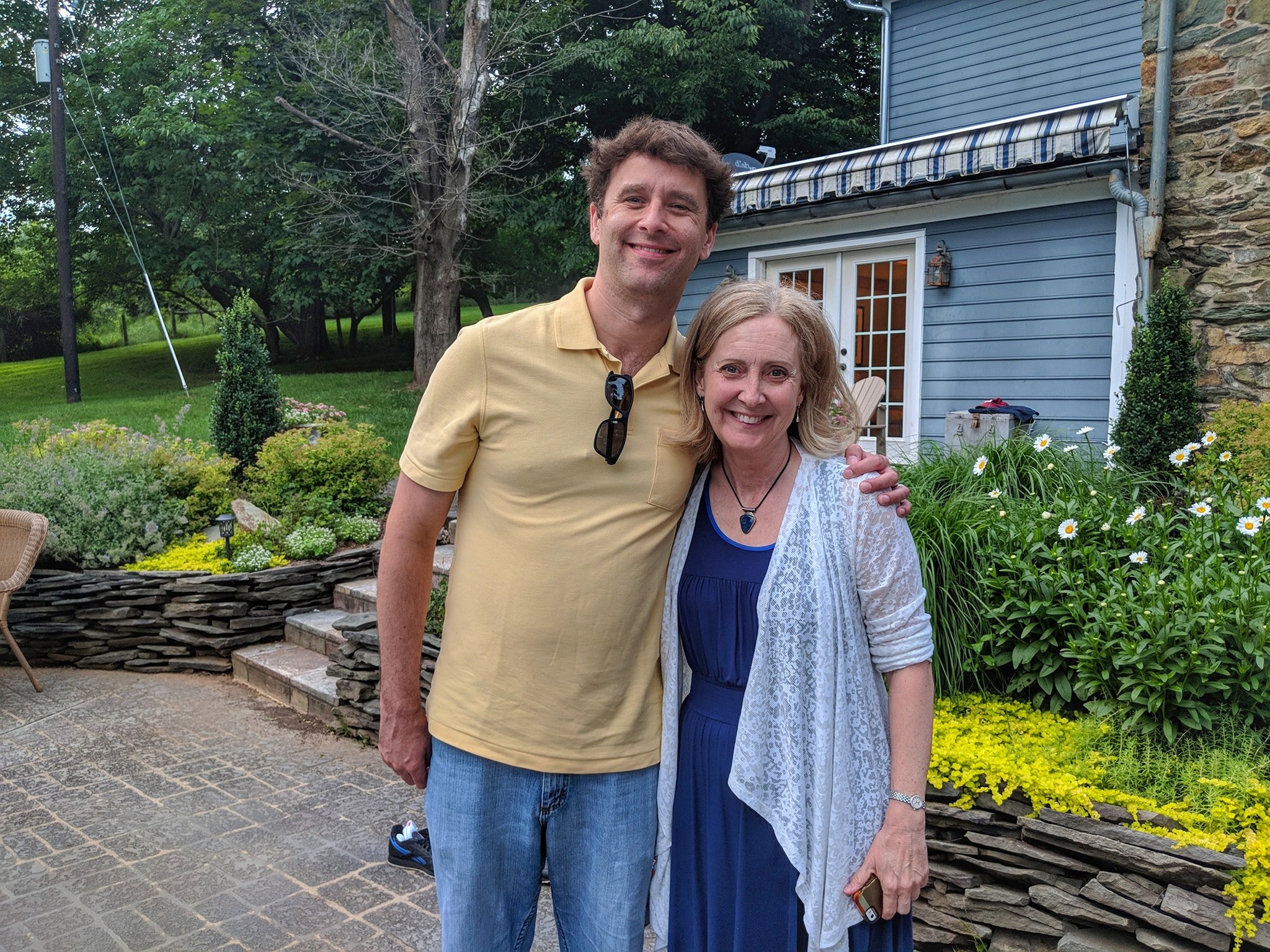Mallory Thompson Quotes
Andrew Hitz
Back in 2018 I had the good fortune to see Dr. Mallory Thompson in action at the Shenandoah Conducting Symposium. She is a dear friend and mentor and I surprised her by not only crashing the symposium but then playing in the ensemble while she worked with the conductors.
I had my phone on my stand the entire time because I was frantically taking notes. She is a phenomenal musician and master teacher.
Here are 45 Mallory Thompson quotes that I jotted down over the two days I was there. She discusses stick technique, score study, creativity, putting in the work, rehearsal technique and so much more! Enjoy!
“Conducting is just body language with a baton.”
“Conduct your students like playing piano isn't a punishment.”
“Piano needs tone.”
“You're going to leave here with too much information. You need to come up with a hierarchy and a pedagogy for how you are going to implement this stuff.”
“Don't work on 10 things. You'll get discouraged. Anyone can improve one or two things.”
“A staccato two pattern is a V. A legato two pattern is becoming a U. A really legato two pattern is becoming a saucer.... Then tighten the V for more staccato.”
“I did this. I put a piece of paper up on the wall and mirrored it. If you want to do this, don't think you can do it without doing the work.”
“You practice that 30 minutes a day for a month and you'll never have to think about it ever again.”
“Conducting is getting rid of stuff and responding to what you hear.”
“We're either going to celebrate great playing or incite great playing.”
“When you're playing with a kid, you don't think 'I need to be playful. What does that look like?' They'll run screaming from you.“
“You have to be a human. You can't take something that requires creativity and make a checklist out of it.”
“What you have to have as a priority is looking at things in a creative way.”
“Welcome to the work...You can't take somebody else's words and think it'll work for you. It's like listening to a recording and trying to conduct a piece that way. It won't work because you did not do the work to get to that interpretation.”
“You can't take Carlos Klibur's moves. They're not going to work for you because you didn't do the work.”
“We don't do cut offs. Releases.”
“There's a difference between being in time and moving through time... It changes the resonance of a group when you're pulling them through time.”
“When writing in a cue, draw an arc with an arrow leading to where that entrance is going so you bring them in in motion.”
“You do it by doing it.”
“I do not believe that you want that crescendo. I believe that you want it as an intellectual construct, but I don't believe you *really* want it.”
“Wanting things doesn't mean time is suspended. Time has to be there.”
“I'm going to lead. But I can't really go anywhere until I feel the sound come back to me (on the first note.)”
“This is where you have to look like the greatest musicians sound.”
“If you want it, you have to be willing to do anything to get it. You have to be willing to look ridiculous.”
“When something is already fine and you keep going after it, it is either going to make it louder or heavier.”
“Let them fail temporarily. And then let them fix it.”
“Pulse is a feeling. Pulse isn't numbers.”
“If I'm teaching music, I need to study music.”
“If you're too busy to score study, I think you need to reevaluate how you are spending your time.”
“Knowing a score is like getting to know a person.”
“Score study is not score marking. Don't mark who has the melody. Learn it!”
“We're willing to let things fail to let something else succeed.”
“I start with rhythm because rhythm fixes a lot.”
“Really great professionals never sound like they're playing anything fast. Everything has space.”
“Rhythm fixes pitch. Rhythm fixes tuning. Rhythm creates a greater awareness of balance.”
“Get the rhythm to speak and be resonant.”
“Rhythm is key to style.”
“Focus on something great. The only thing that will get my attention faster than a bad cymbal crash is a really good cymbal crash.”
“I'll say 'Let's start by blending. Don't even worry about the tuning.'”
“The thing about pulse is that we can't work it for them to feel it. They have to feel it. That's something that has to be taught, not shown.”
“I use the word listen a lot. I don't use the word watch very often.”
“(Why she has a band play by itself when it's dragging rather than beat time for them:) I'm not going to damage my arm because you guys won't listen.”
“My path is mine. You may go faster than me, but I'm running my own race. This is going to take as long as it takes.”
“The instrument is the messenger, not the message.”
“Is the music singing or dancing? How can I empower the song in the dance? And how can I empower the dance in the song?”




